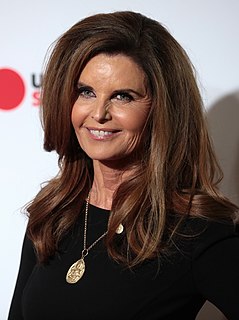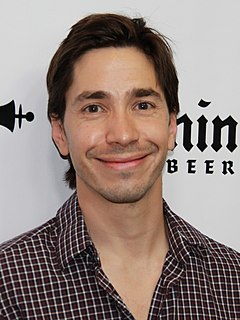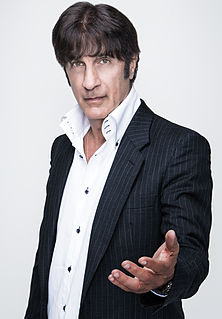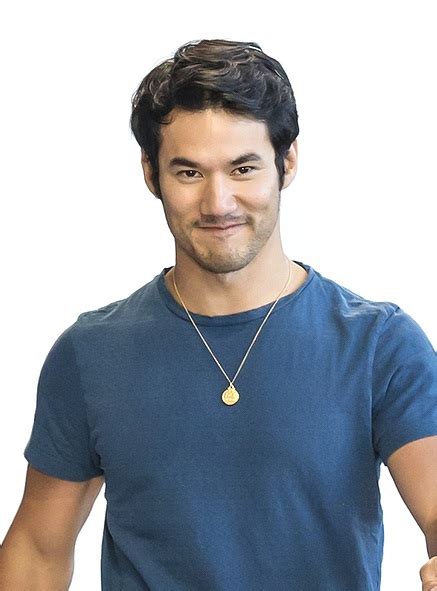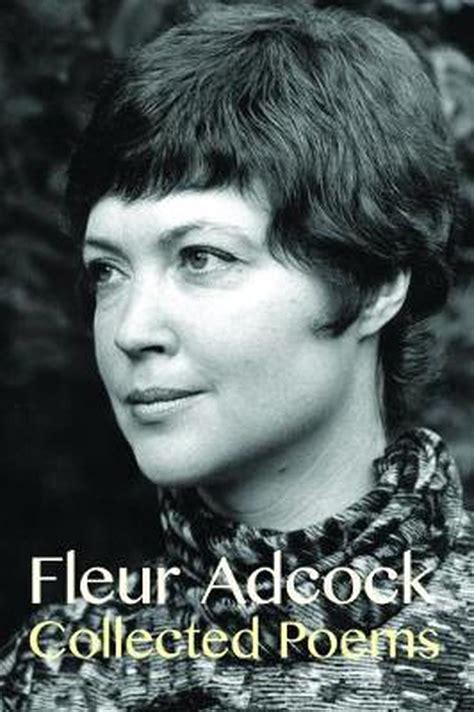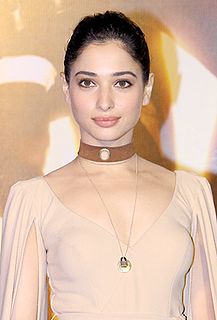A Quote by Noah Hawley
TV is all about learning to write in someone else's voice, so if you do it long enough without selling your own project, they assume you don't have your own voice; you're just a good mimic.
Related Quotes
Write like you write, like you can't help but write, and your voice will become yours and yours alone. It'll take time but it'll happen as long as you let it. Own your voice, for your voice is your own. Once you know where your voice lives, you no longer have to worry so much about being derivative.
I loved the idea of doing impressions and mimicking and playing around with the spectrum of your own voice. That's what I enjoy most about doing voiceovers. You can be completely unconscious with the rest of your body and just concentrate on doing something with your voice, creating an entire character with your voice.
There's this pet phrase about writing that is bandied around particularly in workshops about "finding your own voice as a poet", which I suppose means that you come out from under the direct influence of other poets and have perhaps found a way to combine those influences so that it appears to be your own voice. But I think you could also put it a different way. You, quote, find your voice, unquote, when you are able to invent this one character who resembles you, obviously, and probably is more like you than anyone else on earth, but is not the equivalent to you.
We're always being told 'find your voice.' When I was younger, I never really knew what this meant. I used to worry a lot about voice, wondering if I had my own. But now I realize that the only way to find your voice is to use it. It's hardwired, built into you. Talk about the things you love. Your voice will follow.
I was also very lucky to be able to work with talented people while I was learning. I didn't actually go to fashion school. I worked with Riccardo Tisci at Givenchy which was a really pivotal experience for me. He taught me a lot about being faithful to your own voice and to really believe in your own voice and that's made a big difference.
You have to listen to your own voice. Not your heart, not your instincts, not any of that self-permissive psycho-babble stuff. No, none of that. If it was just about instincts and bright ideas it wouldn't need to be a voice. It's about words. You hear them, read them, then you write. But mostly read. Read the bloody poems.
Make your own worlds. Make your own laws. Make your own creations, your own star systems. Don't feel answerable to anyone, or as though you have to create after some preordained model. You don't have to write like myself, or King or Anne Rice: be yourself. Nothing is more wonderful than discovering a new voice, particularly if it happens to be your own.
There's this pet phrase about writing that is bandied around particularly in workshops about "finding your own voice as a poet", which I suppose means that you come out from under the direct influence of other poets and have perhaps found a way to combine those influences so that it appears to be your own voice.


